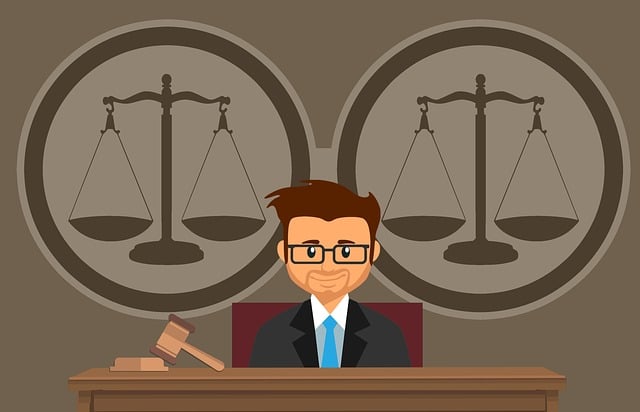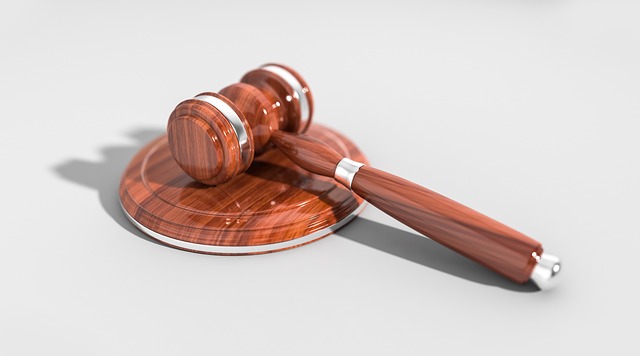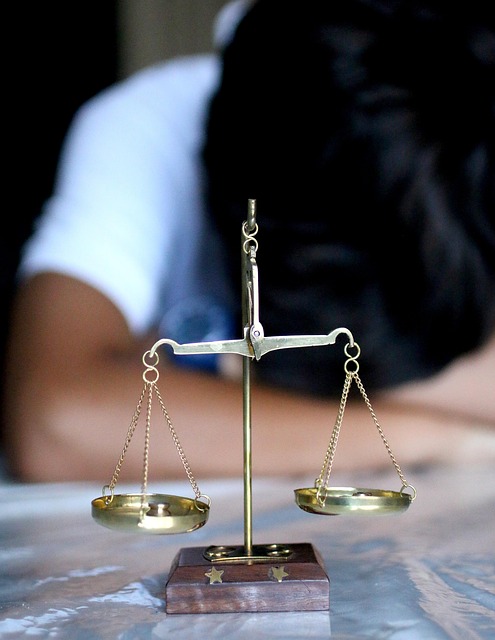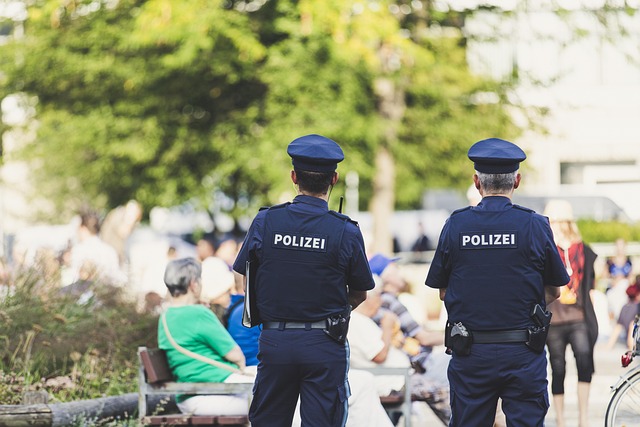Environmental Crime Trials hold individuals and corporations accountable for ecological damage through a structured settlement process akin to civil cases with unique considerations. Key players include prosecutors, defense attorneys, judges, and environmental agencies. Successful strategies involve meticulous planning, challenging evidence collection procedures (defense) or presenting strong scientific evidence (prosecution). Beyond legal verdicts, these trials prioritize environmental justice, aiming for restitution, community engagement, restoration, and prevention efforts. The settlement process for employment law cases integrates legal experts, activists, and community leaders to drive systemic change, transforming environmental protection and justice.
Environmental Crime Trials: Uncovering Legal Strategies for Sustainable Justice
In an era where environmental degradation is a global concern, understanding the legal framework of environmental crime trials becomes paramount. This article explores the intricate process, from the initial accusation to the settlement, offering a legal perspective on these complex cases. We delve into the roles of key players, uncover effective defense and prosecution strategies, and analyze the impact on environmental justice post-trial. Join us as we navigate this crucial aspect of sustainability through the lens of employment law principles, particularly focusing on the Settlement Process.
- Understanding Environmental Crime Trials: A Legal Perspective
- The Settlement Process: From Accusation to Agreement
- Key Players and Their Roles in Environmental Litigation
- Strategies for Effective Defense and Prosecution
- Impact and Implications: Post-Trial Environmental Justice
Understanding Environmental Crime Trials: A Legal Perspective

Environmental Crime Trials represent a critical aspect of legal proceedings aimed at holding individuals and corporations accountable for damaging the environment. These trials, often complex, involve a thorough examination of evidence, expert testimony, and meticulous legal arguments. The process is designed to ensure justice and serve as a deterrent for future environmental violations.
From a legal perspective, these trials follow a structured settlement process similar to other civil cases, yet with unique considerations. Evidence gathering plays a pivotal role, encompassing scientific analyses, satellite imagery, and witness testimonies. Prosecutors must demonstrate beyond a reasonable doubt the intent to cause environmental harm and the resulting damage. An unprecedented track record of successful prosecutions across the country underscores the effectiveness of these trials in addressing corporate misconduct. The respective business faces not only financial penalties but also enhanced environmental regulations, reflecting a concerted effort to foster sustainable practices.
The Settlement Process: From Accusation to Agreement

The Settlement Process for Environmental Crime Trials involves a complex interplay between accusation and agreement, mirroring the nuances of employment law cases. It begins with the initiation of legal proceedings against individuals or organizations accused of environmental violations. This stage is akin to an employer confronting an employee over alleged misconduct in the workplace. The key difference lies in the nature of the charges—in this case, white-collar and economic crimes rather than typical employment disputes.
Throughout negotiations, a primary goal is to achieve a complete dismissal of all charges, similar to how an effective white-collar defense might secure the same outcome for clients accused of non-criminal misconduct. This settlement process demands strategic acumen, as it involves not just legal expertise but also a deep understanding of environmental regulations and their interpretation. Skilled practitioners navigate this labyrinth, aiming to craft agreements that protect their clients’ interests while addressing the underlying concerns raised by environmental prosecutors.
Key Players and Their Roles in Environmental Litigation

In environmental crime trials, several key players emerge who play crucial roles in ensuring justice is served. These include prosecutors, defense attorneys, judges, and environmental agencies. Prosecutors are responsible for bringing charges against individuals or corporations accused of environmental crimes, navigating complex laws and regulations to build a compelling case. Defense attorneys, on the other hand, argue for their clients’ rights and try to mitigate penalties, often presenting mitigating circumstances and legal loopholes in an unprecedented track record of defense.
Judges oversee these trials, interpreting laws and ruling on evidence presented by both sides. They ensure that all stages of the investigative and enforcement process adhere to due process and fairness. Environmental agencies, such as the EPA or state-level equivalents, play a vital role in investigating the crimes, gathering evidence, and working towards settlements. These agencies often collaborate with prosecutors, leveraging their expertise in environmental matters to achieve significant outcomes, particularly when it comes to holding large corporations accountable and securing substantial fines or restitution for victims, reflecting the philanthropic and political communities’ commitment to environmental protection.
Strategies for Effective Defense and Prosecution

In environmental crime trials, both prosecution and defense strategies must be meticulously planned to ensure justice. A key defense strategy involves a thorough understanding of all stages of the investigative and enforcement process, allowing for the identification and challenge of any procedural irregularities that could lead to a complete dismissal of all charges. This includes scrutinizing evidence collection methods, investigating potential bias in law enforcement, and questioning the timeline of events to ensure compliance with legal protocols.
Prosecution strategies should focus on presenting a compelling case built on solid scientific evidence and thorough documentation. By highlighting the environmental impact and demonstrating a clear link between the accused actions and the damage caused, prosecutors can secure convictions. Additionally, knowing when to seek a settlement process for employment law cases as an alternative to indictment can be strategic, allowing both parties to avoid lengthy and costly trials while still achieving just outcomes.
Impact and Implications: Post-Trial Environmental Justice

Environmental Crime Trials have far-reaching implications beyond the immediate verdicts and sentences. Post-trial, the focus shifts to environmental justice—ensuring that communities adversely affected by these crimes receive restitution and reparations. This process involves complex negotiations and a delicate balance between legal settlements and community engagement. Successful outcomes often lead to achieving extraordinary results in environmental restoration and prevention efforts.
The settlement process for employment law cases within this context mirrors the larger trend of integrating philanthropic and political communities. By fostering collaboration between legal experts, activists, and community leaders, these trials can drive systemic change. Addressing white-collar and economic crimes not only punishes perpetrators but also sends a powerful message about accountability and the potential for transformative, positive outcomes in environmental protection and justice.
Environmental Crime Trials play a pivotal role in ensuring environmental justice, with each trial serving as a crucial step towards mitigating ecological damage and holding perpetrators accountable. By understanding the intricate legal landscape, effectively managing the settlement process, and leveraging key players’ expertise, both prosecution and defense can navigate these complex cases. The ultimate impact lies in fostering sustainable practices and upholding environmental protections, leaving a lasting legacy of justice and preservation for future generations. Moreover, drawing insights from successful strategies in both defense and prosecution, we can enhance the Settlement Process for Employment Law Cases, expanding on principles of fairness and resolution to encompass environmental stewardship.






